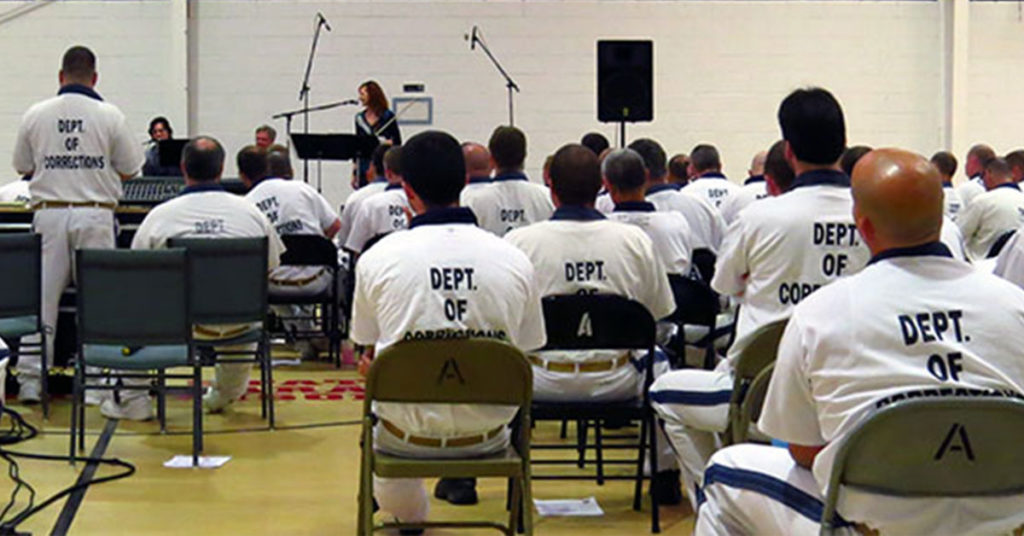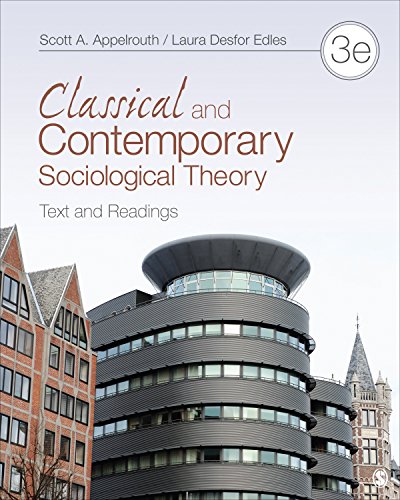

Or as the CBI (Confederation of British Industry) might say, we're equipping them with essential skills for the real world. One of the challenges teachers face is the need to edge learners beyond their comfort zones but in doing so, we challenge their thinking and we bolster their confidence to become even more skilled in the use of their own language. If we didn't read and study texts from the past, and only looked to the best seller list, how would we know of this evolution? In my experience, pupils' creativity runs rampant when they can remix particular structures and styles with their own writing to lend authenticity to character, story and setting. Structures, trends in punctuation and in the way we speak have evolved through the ages and being aware of these developments really helps us to understand better, language in its current context. Are they even called cream crackers these days? At a time when the common aim of those in education, certainly the majority of us, is to prepare pupils for a world that evolves at the speed of fibre-optics, the role of literature and its importance in equipping our pupils for the future has never been more apt.īut just what are the benefits to teaching literature to the young 'uns these days?įrom the linguistic perspective, studying classic literature from the Western canon (Shakespeare, Dickens, Orwell and so on) affords students of English the opportunity to understand, analyse and evaluate language quite different from their own.

One of the reasons cited for this usurping of a great British classic, in favour of a younger model, was that students just couldn't engage with the subject matter. Well, to the staffroom and the discussion forums at least.
Correctional contexts contemporary and classical readings cracker#
So, back in September when the Secret Teacher posted that the Alan Bennett monologue A Cream Cracker under the Settee was to be replaced in the curriculum by an episode of Waterloo Road, it's not unimaginable that English teachers stood poised, quills aloft, ready to defend the body of work that has shaped the modern world, to the death. But the best bit is that we can do all this while honing those oh-so-necessary and desired critical-thinking skills.Īnd that's the point: that the study of literature in the contemporary classroom is, perhaps, even more relevant today than it has ever been. From our reading, we can begin to understand what it must have been like to live in a particular time, under certain conditions, in different parts of the world. When introducing literature to a new class I ask two questions: "Why do we study it and what can we learn from it?" Now, if you're a teacher you'll know that it's not always a smooth ride to the final destination, which is all part of the fun, but the answer we usually get to, albeit with teacher sat-nav switched on, is that through literature, we can visit cultures impossible for us to experience ourselves.


 0 kommentar(er)
0 kommentar(er)
